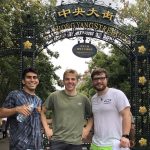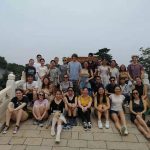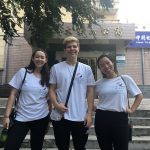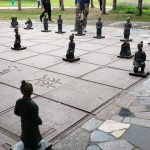Written by Carlos Uribe (Carleton College), Student Correspondent for CET Harbin, Fall 2019
CET Jordan: Academic Consultation Board
Over the years, we’ve built a strong network of locally-based faculty that we’re proud to call our peers. These faculty make up our Academic Consultation Board—a select group of local voices and thought leaders that help advise and shape components of the CET Jordan program.
Board members support the program in many ways, including but not limited to:
- Leveraging topical expertise to help develop courses, including field-based components.
- Teaching courses or guest lectures for CET Jordan and custom programs
- Recommending and providing academic resources for research
Academic Consultation Board Members
- Dr. Bader Al Madi | American University of Madaba, PhD, Sociology, Political Science
- Dr. Amani El Serhan | University of Jordan, PhD, Women's Studies
- Dr. Amani Qashmar | University of Jordan, PhD, Education
- Dr. Areej Alawzi | University of Jordan, PhD, English Literature/Translation
- Dr. Ahmad Al Khrisha | World Islamic Sciences & Education University, PhD, Arabic Language & Literature





